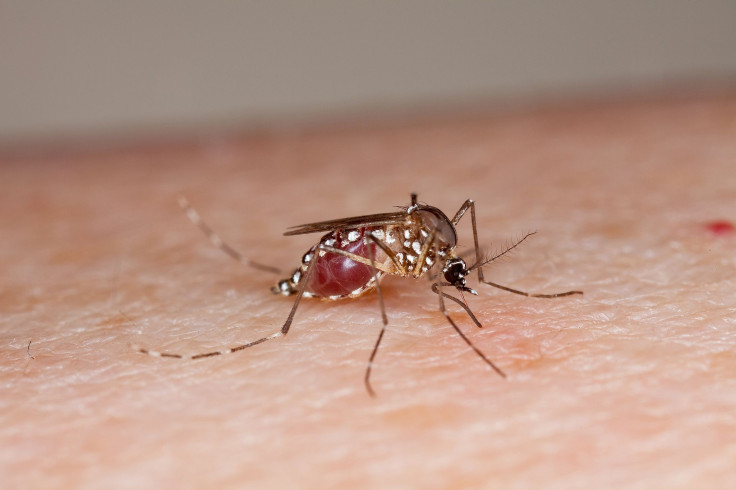Strong Evidence Suggests Zika Virus Causes Guillain-Barré Disease, Temporary Paralysis

A new study published online Monday in The Lancet has presented the strongest evidence to date linking the mosquito-borne Zika virus to Guillain-Barré syndrome, a condition that causes paralysis and sometimes death.
The study documents 42 cases of Guillain-Barré syndrome in French Polynesia contracted during an outbreak from 2013 to 2014. Thirty-seven of the 42 cases (88 percent) also exhibited Zika-like symptoms, such as fever, rash, and joint pain. About 38 percent of the patients included in the study required intensive care, USA Today reported. In addition to the 42 cases documented in French Polynesia, a 29-year-old pregnant woman in Honduras was diagnosed with Guillain-Barré syndrome last week — she's also suspected of having the Zika virus. Although the link cannot be confirmed until lab tests from other locations corroborate these results, Dr. Tom Frieden, director of the Center for Disease Control and Prevention, has previously told Time that the link between the two conditions “looks strong and would not be surprising at all.”
According to the Mayo Clinic, Guillain-Barré syndrome is a rare disorder in which the immune system attacks the nerves. This can lead to weakness and tingling in the extremities and can eventually cause complete paralysis. The condition’s symptoms are usually temporary and most patients recover. In some severe cases, the condition may affect the respiratory system and patients are placed on a respirator to be kept alive.
At the moment, the true cause of Guillain-Barré syndrome is unknown and although doctors can make patients more comfortable, there is no cure. Understanding why people get the condition could play a major role in developing ways to treat it, but verifying the link is not that simple. According to The New York Times, the Zika Virus only stays active in an individual’s blood for around seven days. By the time the Guillain-Barré syndrome patients involved in the study arrived at the hospital for treatment of their paralysis, the virus was no longer shown to be active in their blood. Because of this, the researchers resorted to antibody detection, which is known to be a less accurate method of diagnosing a virus. This involved adding a serum from each patient to a live Zika virus culture and waiting to see if the patients had antibodies to destroy it.
All of the patients had antibodies that killed the Zika virus, but The Times reported that even this this does not prove that they were previously infected with Zika. Antibodies for similar diseases like dengue fever, which is also common in the area, could potentially neutralize the Zika virus. The team conducted further antibody tests with promising results, suggesting that Zika played a role in patient's symptoms, but scientists are still unable to prove without a doubt that the patient’s Guillain-Barré syndrome was caused by a Zika virus infection.
Still, the strength of the study's evidence is good enough for some. Dr. Arnaud Fontanet, head of the Epidemiology of Emerging Diseases Unit at the Institut Pasteur in Paris, told The Times, "If you put all this evidence together, for me, as an epidemiologist, I'm satisified that Zika virus cause Guillain-Barré in those patients.”
Source: Cao-Mormeau VM, Blake A, Mons S, et al. Guillain-Barré Syndrome outbreak associated with Zika virus infection in French Polynesia: a case-control study. The Lancet. 2016
Published by Medicaldaily.com



























